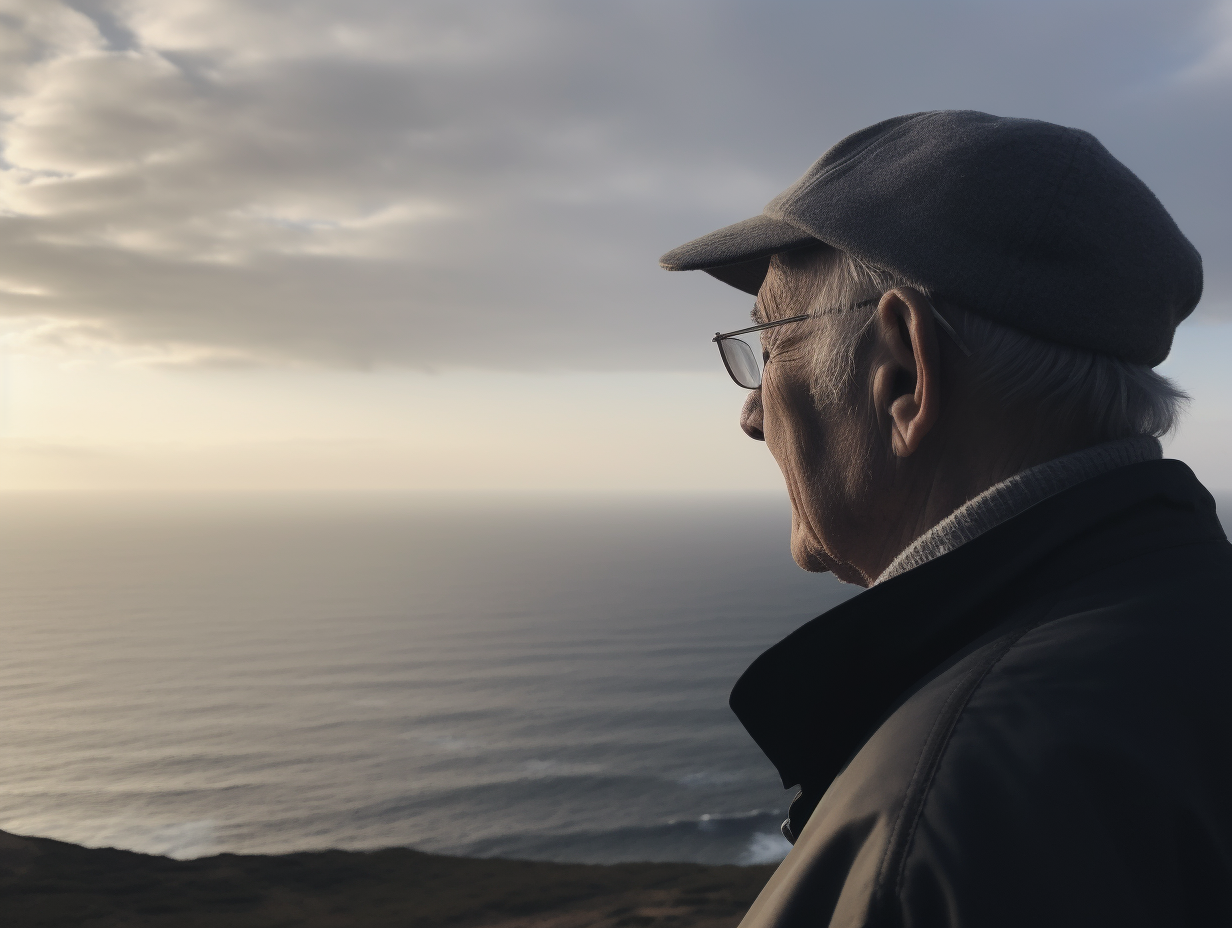Latest in: brain health
Memory loss can be one of the most visible - and distressing - early signs of dementia. Whether it’s repeating questions, forgetting names, or becoming confused about daily routines, watching someone you care about …
2 min read
A dementia diagnosis can feel like a door closing - but it doesn’t have to be. Contrary to widespread belief, people living with dementia can - and often do - live for many years …
4 min read
Dementia doesn’t happen overnight. It’s a progressive condition that unfolds over time, often in ways that can be subtle, unpredictable, and emotionally complex. In a clear and comprehensive article, Healthline outlines the seven stages …
2 min read
We often think of dementia as something inevitable - an unavoidable outcome of aging. But recent findings suggest that’s no longer the full picture. A growing body of research, highlighted in Medical Xpress and …
3 min read
Recent research indicates that regular consumption of olive oil may significantly lower the risk of dying from dementia. According to the study, people who consumed about a tablespoon of olive oil daily had a …
3 min read
Dementia can now be predicted up to five years before symptoms appear with a simple smell test, according to recent research.
3 min read
So, what should we be having for lunch if we want to support our brain health and reduce the risk of Alzheimer's? Dr. Patel has a go-to recommendation...
4 min read
A common hormone already produced by the body could halt early-stage Alzheimer’s. Leptin, released by fat cells and involved in appetite regulation, potentially reduces the effects of toxic brain proteins amyloid and tau. These …
2 min read
The connection between vitamin D and brain health is gaining attention, as researchers explore how this nutrient can support the neural pathways and protective mechanisms against age-related cognitive decline.
4 min read
In an important expert reaction published by New Zealand’s Science Media Centre, researchers responded to global findings showing that up to 40-48% of dementia cases could be prevented or delayed through changes to lifestyle …
2 min read












